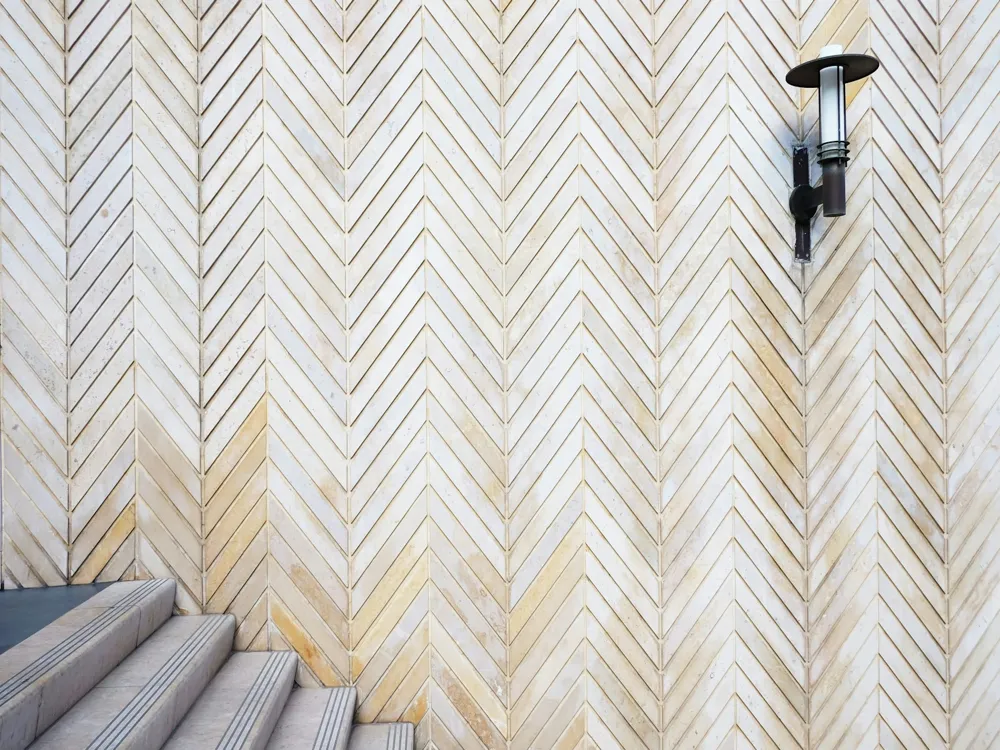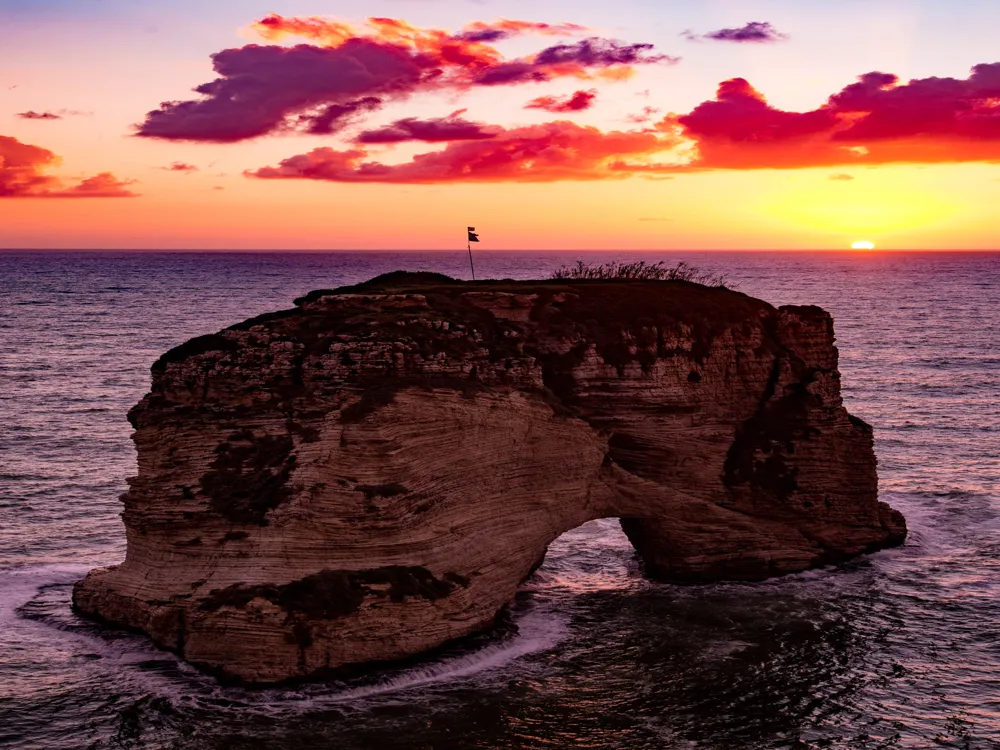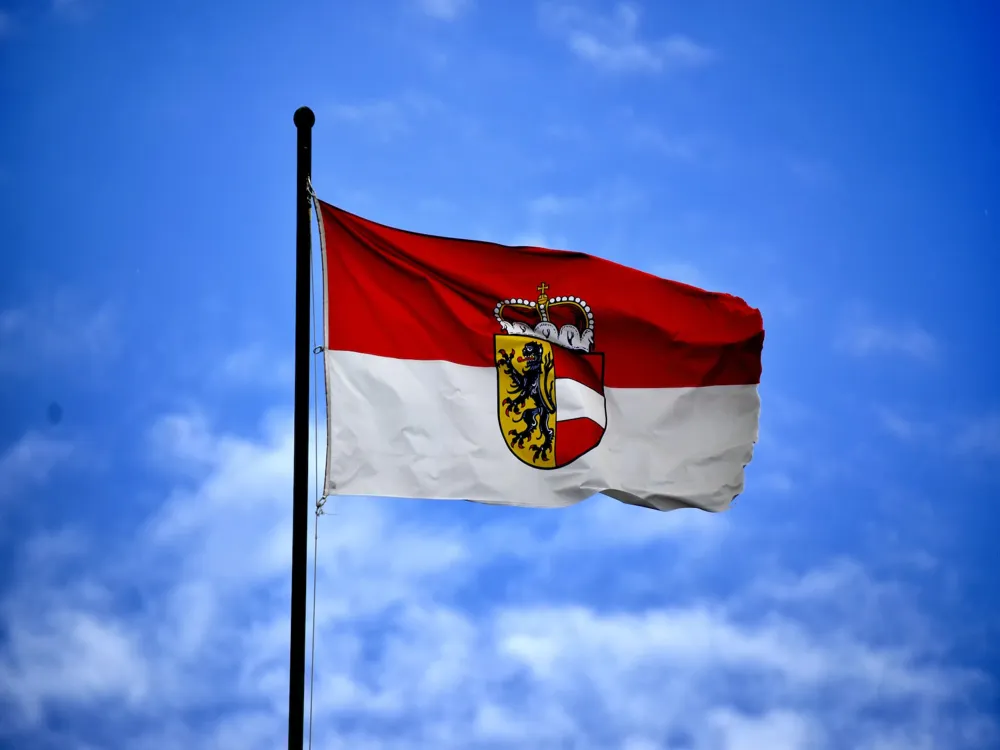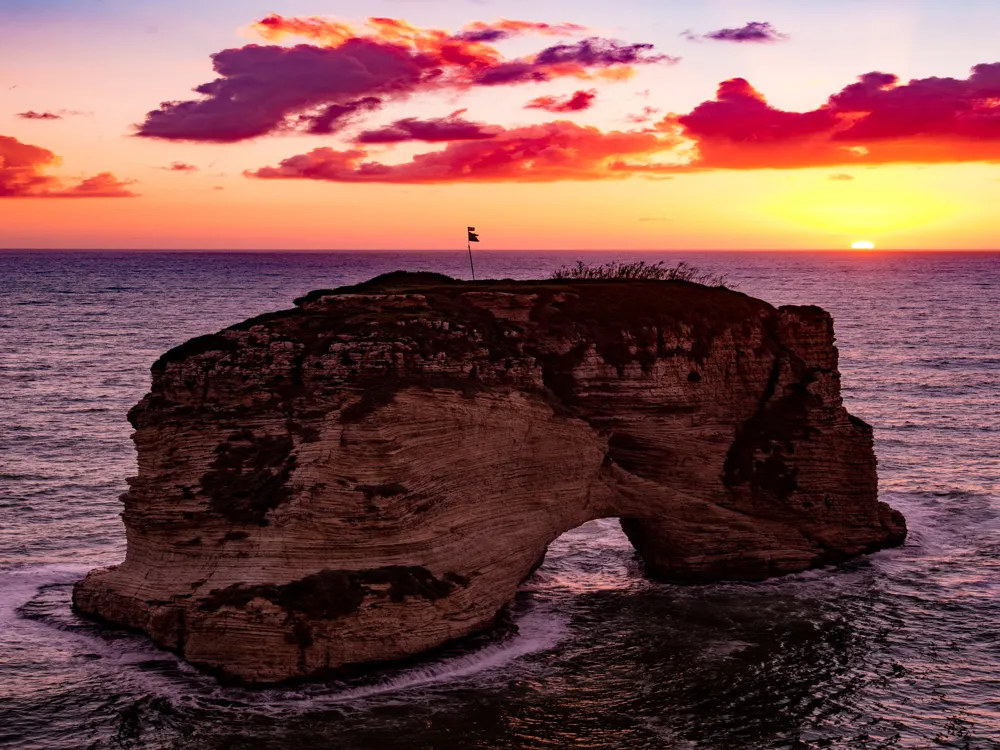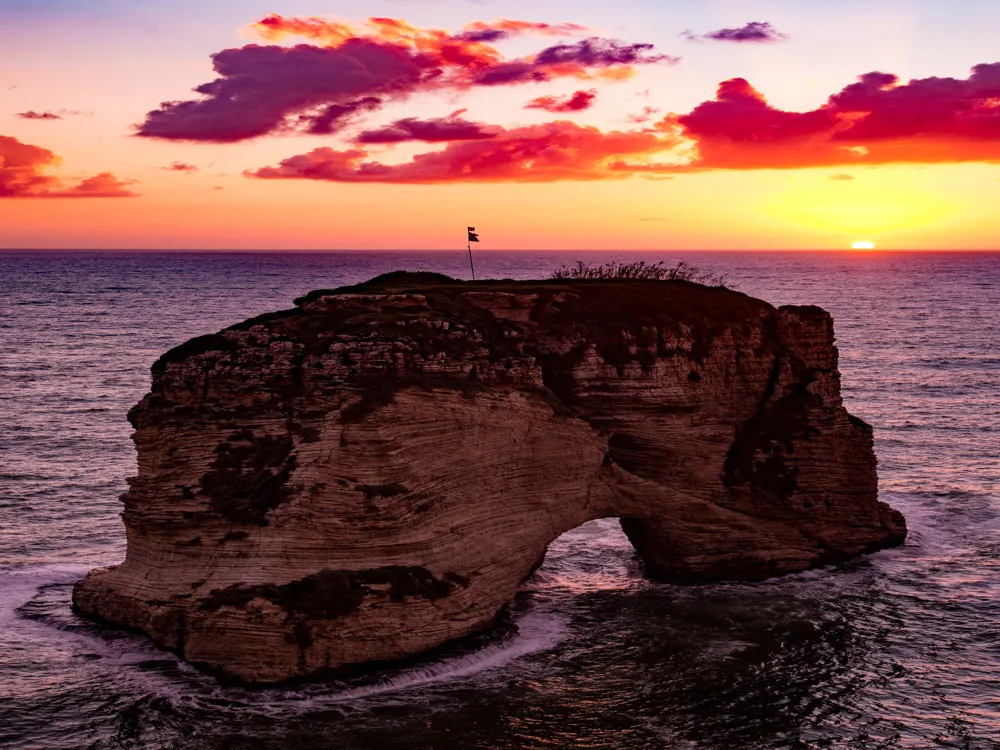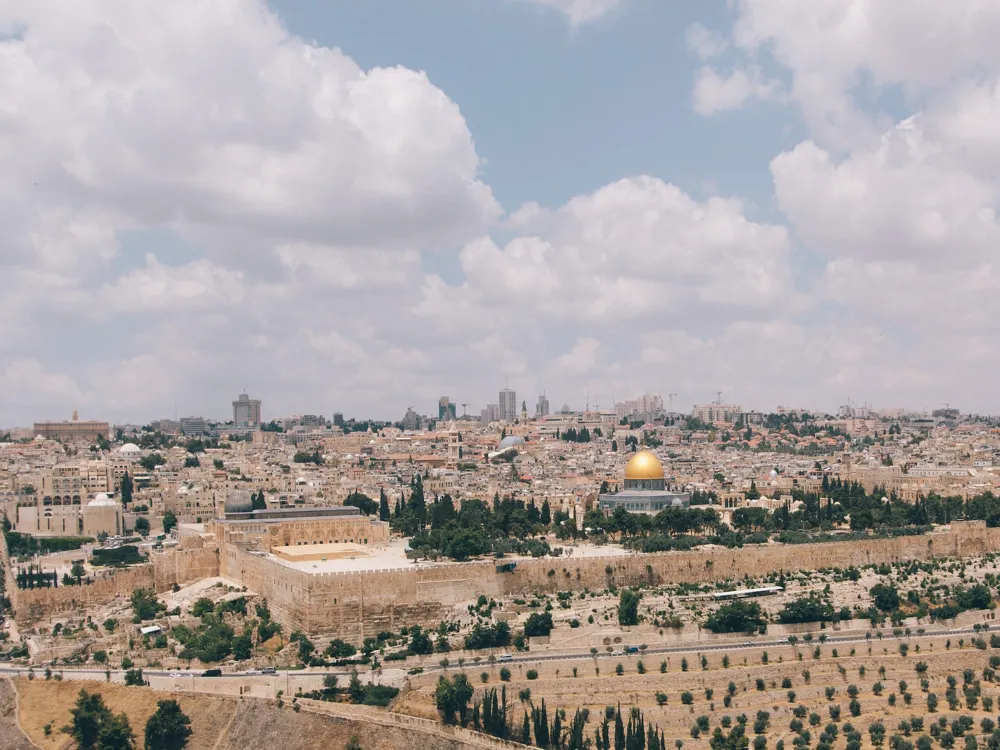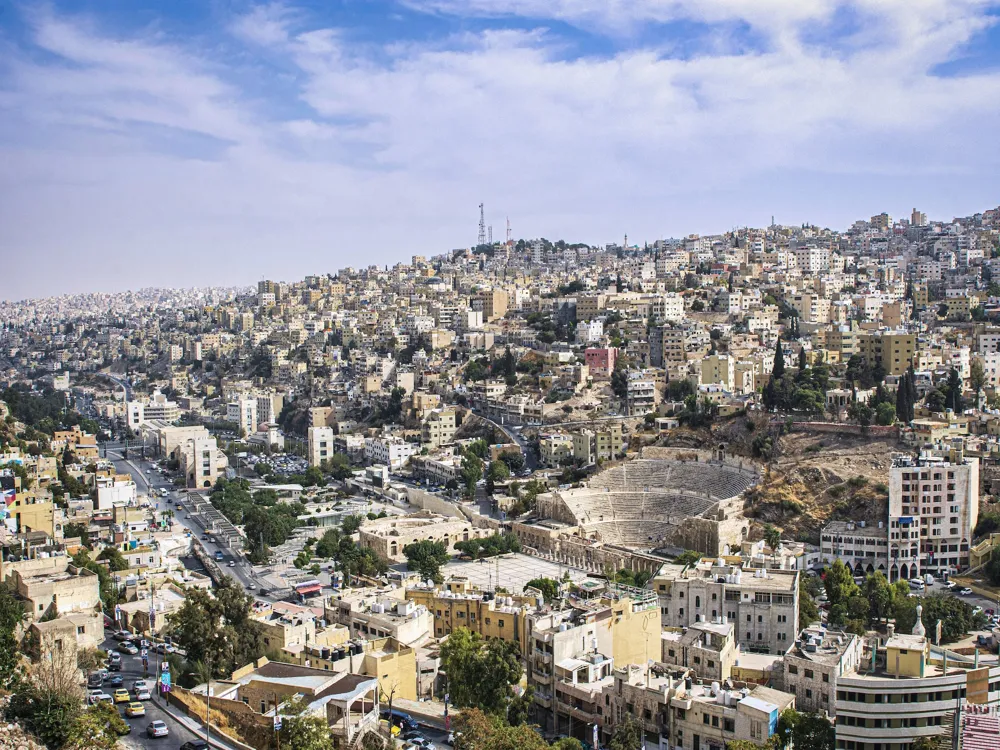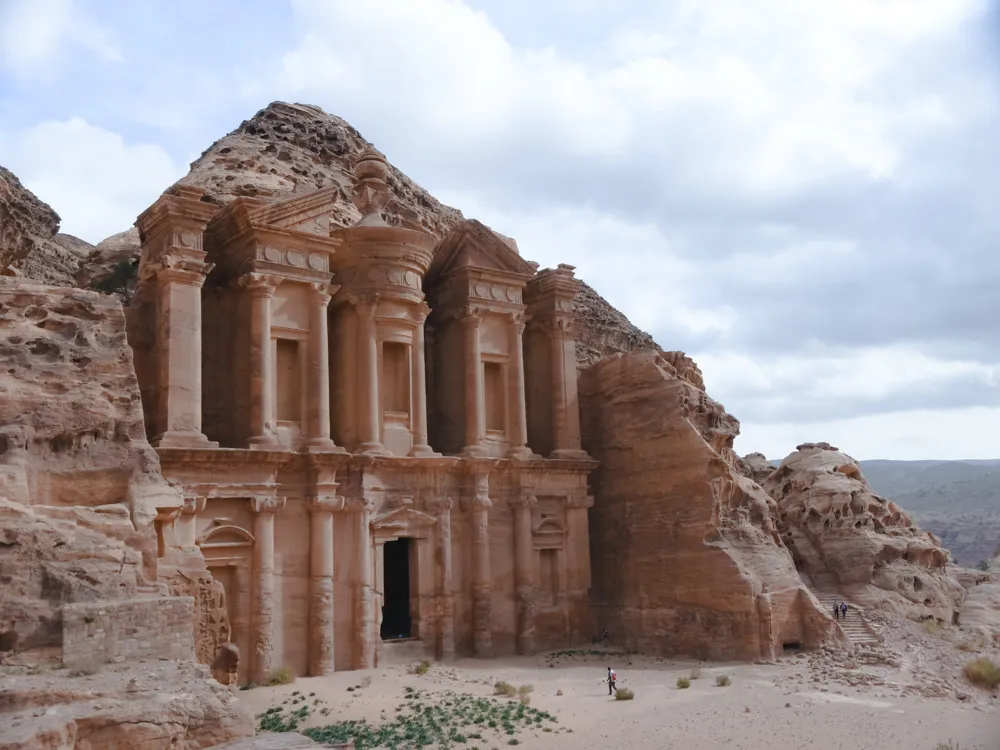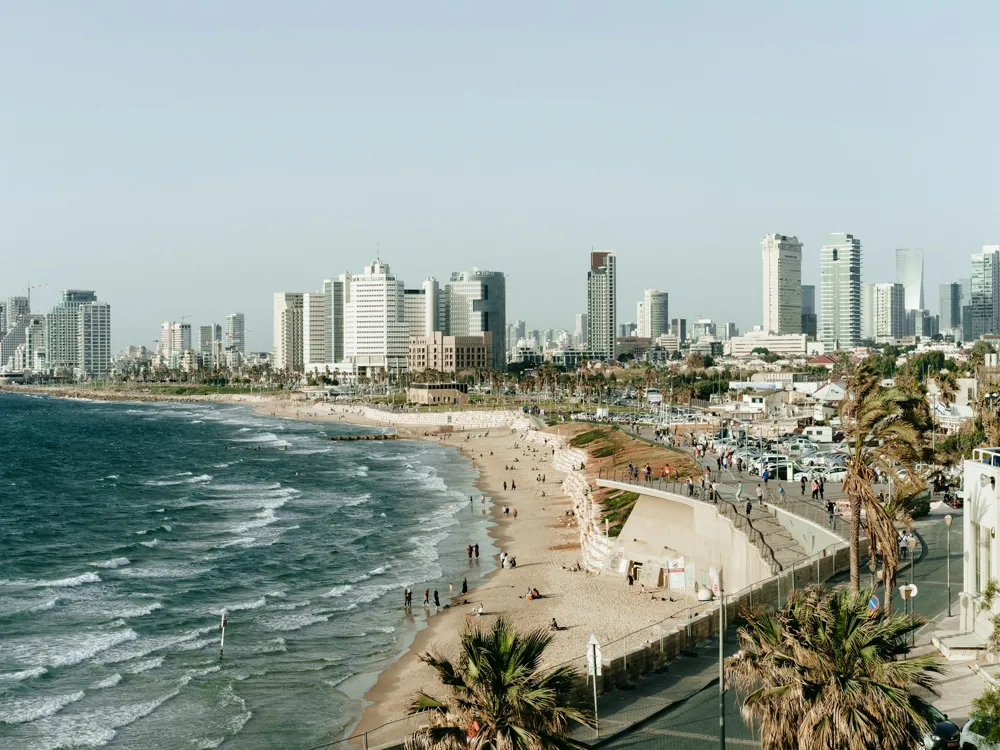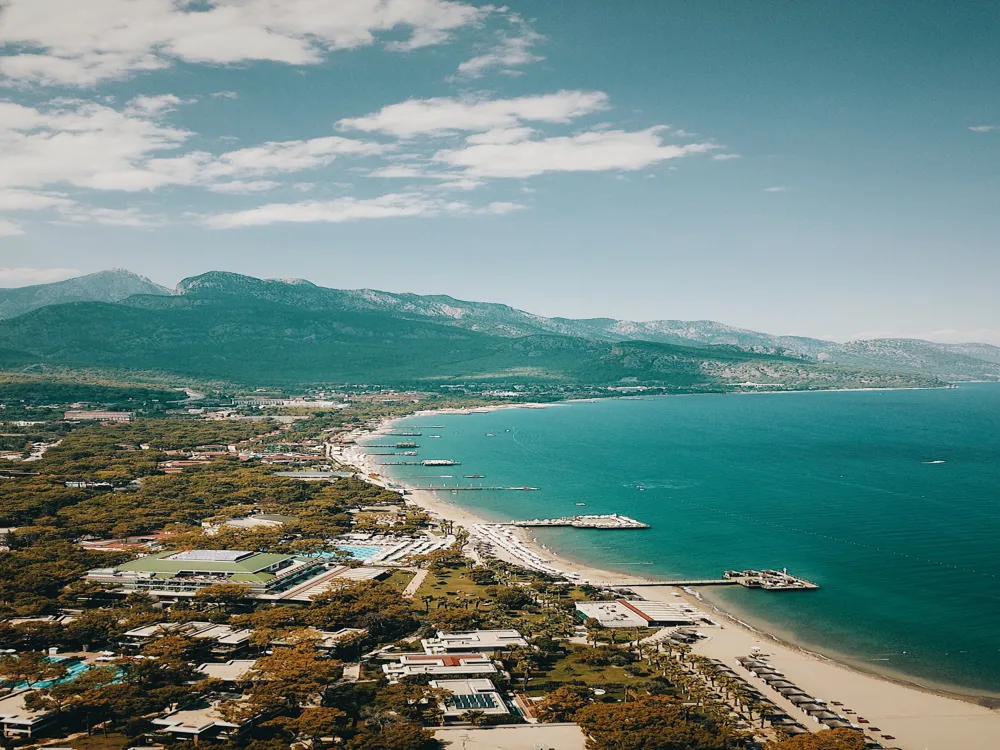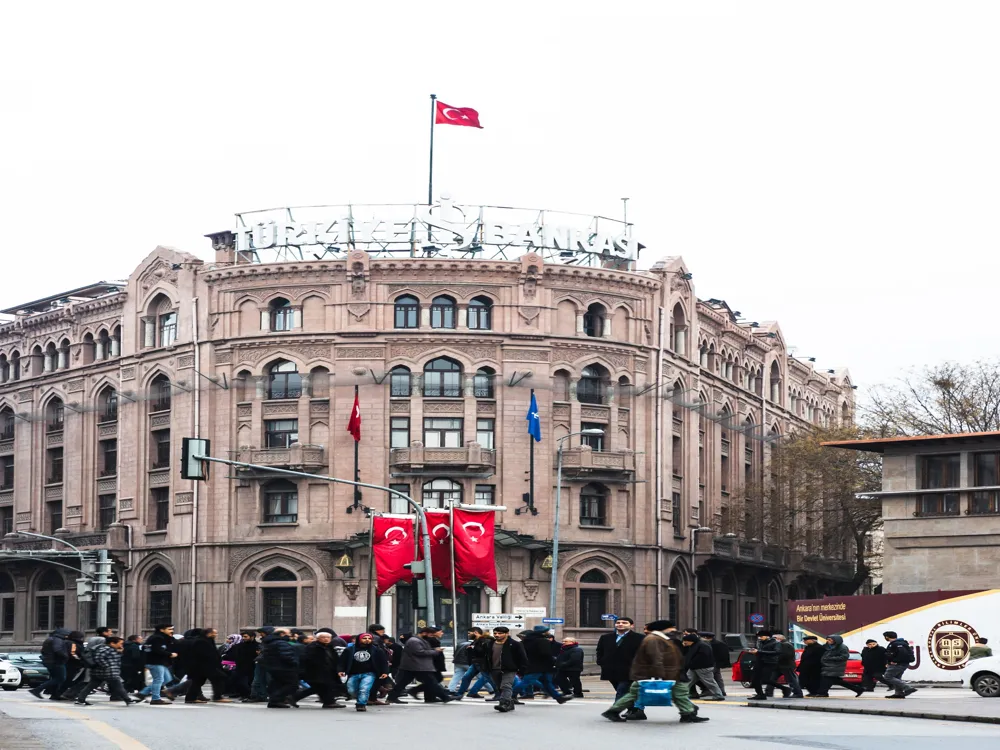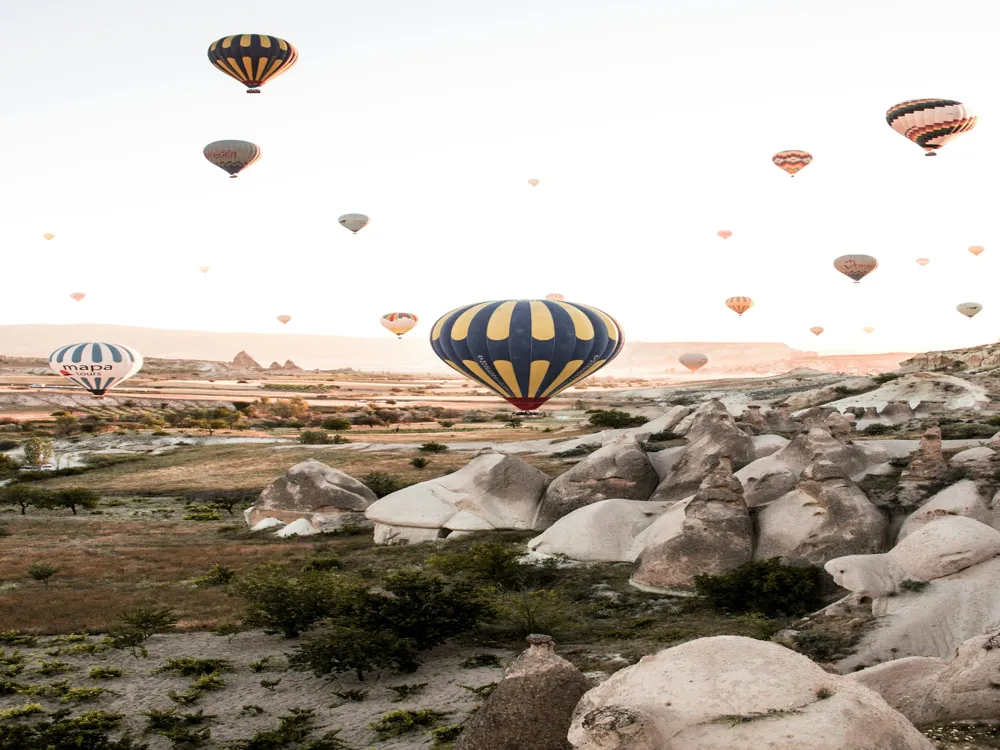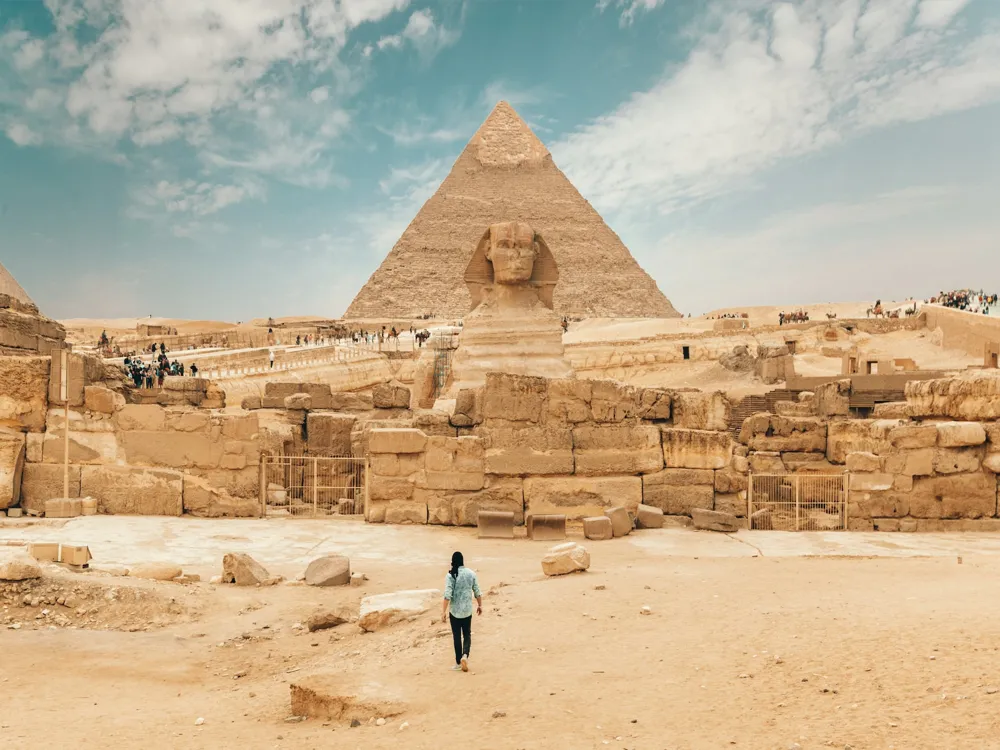Beirut, the vibrant capital of Lebanon, is not just a city rich in history and culture but also a gateway to some of the most mesmerizing day trips. Visitors to Beirut can explore a plethora of destinations, each offering unique experiences, from ancient historical sites to stunning natural landscapes. These day trips are perfect for travelers looking to delve deeper into Lebanon's diverse heritage and natural beauty. The first stop often recommended is the ancient city of Byblos, one of the oldest continuously inhabited cities in the world. Here, history enthusiasts can stroll through ruins dating back to the Neolithic period, including the Byblos Castle and old souks. The trip to Byblos is not just a journey through time but also an opportunity to enjoy the Mediterranean coastline. For nature lovers, the Jeita Grotto, a system of two separate but interconnected karstic limestone caves, offers an otherworldly experience. The upper part of the grotto is known for its incredible stalactites and stalagmites, while the lower section can be explored by boat. The grotto is a testament to Lebanon's natural wonders and is a must-visit for anyone in Beirut. The city of Baalbek, home to some of the best-preserved Roman ruins in the world, is another must-see. The Baalbek temple complex, featuring the temples of Jupiter, Bacchus, and Venus, showcases the architectural prowess of the ancient Romans. The intricate carvings and monumental scale of these temples are awe-inspiring. Sidon and Tyre, two ancient Phoenician cities, are also within reach for a day trip. In Sidon, visitors can explore the Sea Castle and the old souks, while Tyre boasts an impressive Roman hippodrome and archaeological sites. For those interested in religious history, the mountains of Lebanon are home to ancient monasteries and churches. The Qadisha Valley, a UNESCO World Heritage site, and the Monastery of St. Anthony in Qozhaya are spiritual retreats that offer peace and serenity amidst stunning natural beauty. Lastly, a trip to the Chouf Mountains to visit the Beiteddine Palace and the picturesque village of Deir el Qamar is highly recommended. These locations offer a glimpse into Lebanon's feudal history and traditional architecture. Each of these destinations provides a unique experience, contributing to an unforgettable exploration of Lebanon's rich cultural tapestry and natural beauty, all within a day's reach from Beirut. The architecture of the destinations surrounding Beirut is as diverse as it is remarkable, encompassing a range of styles from ancient Phoenician and Roman ruins to traditional Lebanese mountain houses and Ottoman-era palaces. In Byblos, visitors encounter a blend of ancient Phoenician structures, Roman buildings, Crusader fortifications, and traditional Lebanese houses. The Byblos Castle, a 12th-century Crusader structure, is particularly noteworthy for its historical significance and architectural beauty. The Jeita Grotto offers a stark contrast with its natural rock formations, showcasing nature's architecture. The grotto's immense chambers and surreal limestone formations provide a unique perspective on natural artistry. Baalbek's temple complex is an architectural marvel of the Roman Empire. The Temple of Bacchus, one of the best-preserved Roman temples in the world, is renowned for its intricate details, enormous columns, and the grandeur of its scale. In the ancient cities of Sidon and Tyre, one can witness a mix of Phoenician, Roman, and Ottoman influences. Sidon's Sea Castle, a fortress built by the Crusaders on a small island connected to the mainland by a causeway, is a prime example of medieval military architecture. The monasteries in the Qadisha Valley, such as the Monastery of St. Anthony in Qozhaya, blend seamlessly with their natural surroundings, reflecting the harmonious coexistence of human and natural elements. Their simple yet elegant design is a testament to the spiritual life of the Lebanese mountains. The Beiteddine Palace in the Chouf Mountains is an example of 19th-century Lebanese architecture, with its intricate mosaics, expansive courtyards, and traditional Arabesque designs, representing the opulence of the Ottoman era. These architectural landmarks not only represent the historical and cultural diversity of Lebanon but also offer visitors a journey through centuries of architectural evolution, from ancient times to the present day. - Research destinations in advance to understand their historical and cultural significance. - Check the opening hours and any entry fees for historical sites. - Consider the season and weather conditions, as some sites are best visited during specific times of the year. - Renting a car provides flexibility but be prepared for Lebanon's unique driving conditions. - Public transportation options are available but may be less reliable. - Consider hiring a local driver or joining a guided tour for convenience and insightful commentary. - Respect local customs and traditions, especially when visiting religious sites. - Dress modestly, particularly in rural and religious areas. - Learn a few basic phrases in Arabic; this is greatly appreciated by locals. - Stay informed about the current political situation. - Carry a basic first-aid kit and stay hydrated, especially during the hot summer months. - Use sunscreen and wear a hat to protect against the sun. - Try local Lebanese cuisine, known for its rich flavors and diversity. - Be cautious with street food and drink bottled water to avoid health issues. - Enjoy Lebanon's famous wines and traditional arak but drink responsibly. The day trip destinations around Beirut are accessible via various modes of transportation. For those who prefer independence, renting a car is a popular option. Lebanon’s roads are well-connected, although driving can be challenging due to traffic and different driving styles. Public transportation, including buses and shared taxis (known as service taxis), is available but may not always be reliable or convenient for all destinations. Guided tours are an excellent alternative, offering hassle-free transportation and the added benefit of a knowledgeable guide. These tours often provide comprehensive itineraries, covering multiple sites and including stops for meals and additional attractions. For some destinations, especially those in remote areas like the Qadisha Valley or certain mountainous regions, hiring a private taxi or driver might be the best option. This allows for a customized itinerary and the flexibility to explore at your own pace. Whichever mode of transportation you choose, ensure to plan your route in advance, consider the travel time, and be prepared for unexpected delays, common in any adventurous travel. Read More:Overview of Day Trips from Beirut
Architecture of Day Trips from Beirut
Tips When Visiting Day Trips from Beirut
Planning Your Trip
Transportation
Cultural Etiquette
Safety and Health
Food and Beverages
How To Reach Day Trips from Beirut
Day Trips
Beirut
NaN onwards
View beirut Packages
Weather :
Tags : Sightseeing
Timings : 7:15am
Planning a Trip? Ask Your Question
Beirut Travel Packages
View All Packages For Beirut
Top Hotel Collections for Beirut

Private Pool

Luxury Hotels

5-Star Hotels

Pet Friendly
Top Hotels Near Beirut
Other Top Ranking Places In Beirut
View All Places To Visit In beirut
View beirut Packages
Weather :
Tags : Sightseeing
Timings : 7:15am
Planning a Trip? Ask Your Question
Beirut Travel Packages
View All Packages For Beirut
Top Hotel Collections for Beirut

Private Pool

Luxury Hotels

5-Star Hotels

Pet Friendly











